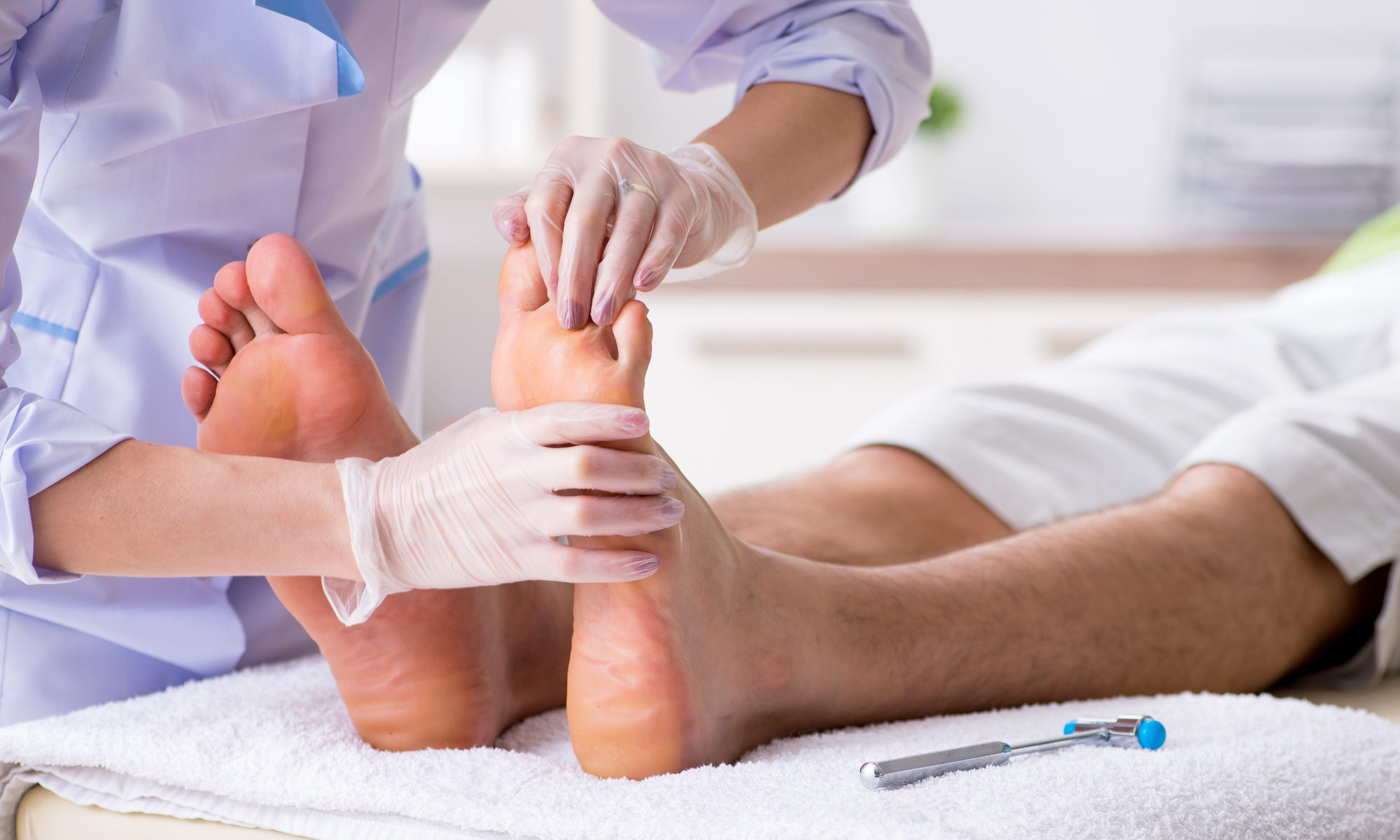Media release:
MARIETTA, Ga., Sept. 17, 2020 (GLOBE NEWSWIRE) — MiMedx Group, Inc. (OTC PINK: MDXG) (“MiMedx” or “the Company”), an industry leader in advanced wound care and an emerging therapeutic biologics company, today announced the conclusion of enrollment for a Phase 3 study of plantar fasciitis, an inflammation of the fibrous tissue along the bottom of the foot that results in intense pain. This key clinical trial explores how placental science may address and treat musculoskeletal pain and function disorders. The study has met its timelines.
“Plantar fasciitis is an all-too-common, debilitating and painful foot condition that challenges both patients and clinicians. Several months to years of treatment may be required with conservative therapies before symptoms subside, and I believe plantar fasciitis represents a significant unmet patient need,” said Stuart Miller, M.D., Principal Investigator, Department of Orthopaedic Surgery, MedStar Union Memorial Hospital, and Assistant Professor, Department of Orthopaedic Surgery, Johns Hopkins University School of Medicine, Baltimore, Maryland. “This is a landmark study that will help us advance the science and elevate the standard of care for millions of patients; I look forward to analyzing and publishing the data regarding treatment efficacy for this musculoskeletal condition. Our progress to date is all the more gratifying given the dampening effect of the pandemic on patient enrollment. This study is designed to provide statistically significant evidence of efficacy for this biologic treatment to reduce pain and improve function.”
More than two million people are treated for plantar fasciitis inflammation in the United States annually. In 10% of patients treated with traditional measures, the condition progresses to chronic plantar fasciitis-related pain – recovery from which is lengthy and recurrence of which is very common, with an estimated $284 million annual national economic burden. The current treatment algorithm aims to maintain arch shape, modify foot loading and/or improve shock absorbency of the heel through night splints and orthotics. While they may assist in reducing pain associated with plantar fasciitis, these treatments do not address the root cause of the condition, which is thought to be both degenerative and inflammatory.
Timothy R. Wright, MiMedx Chief Executive Officer, commented, “Given the variability of efficacy, cost, and potential side effects of available plantar fasciitis treatment options, additional evidence-based alternatives are needed urgently. As a pioneer in the development of placental tissue technology, following through on clinical research is part of our mission to improve patient outcomes. Using our placental science platform to address the unmet need posed by plantar fasciitis is just one of the critical ways that we are exploring its application to improve people’s lives. We look forward to sharing the results of this trial in 2021.”
About the MiMedx Plantar Fasciitis Trial
This study is a Phase 3, prospective, double-blinded, randomized controlled trial of the micronized dehydrated Human Amnion Chorion Membrane (dHACM) injection as compared to saline placebo injection in the treatment of plantar fasciitis. The trial enrolled 276 patients between the ages of 21 and 79 years, with an investigator-confirmed diagnosis of plantar fasciitis for ≥ 1 month (30 days) and ≤ 18 months. Patients were required to have a Visual Analog Scale (VAS) Pain scale of ≥ 45 mm at randomization and be receiving conservative treatment for ≥ 1 month (30 days), including any of the following modalities: Rest, Ice, Compression, Elevation (RICE); stretching exercises; NSAIDs or orthotics. The primary endpoints are change in VAS for Pain at 90 Days and incidence of related adverse events at 180 days, serious adverse events and unanticipated events during the first 12 months post-injection. Secondary endpoints include self-reported responses to the Foot Function Index – Revised (FFI-R) at 90 days.

